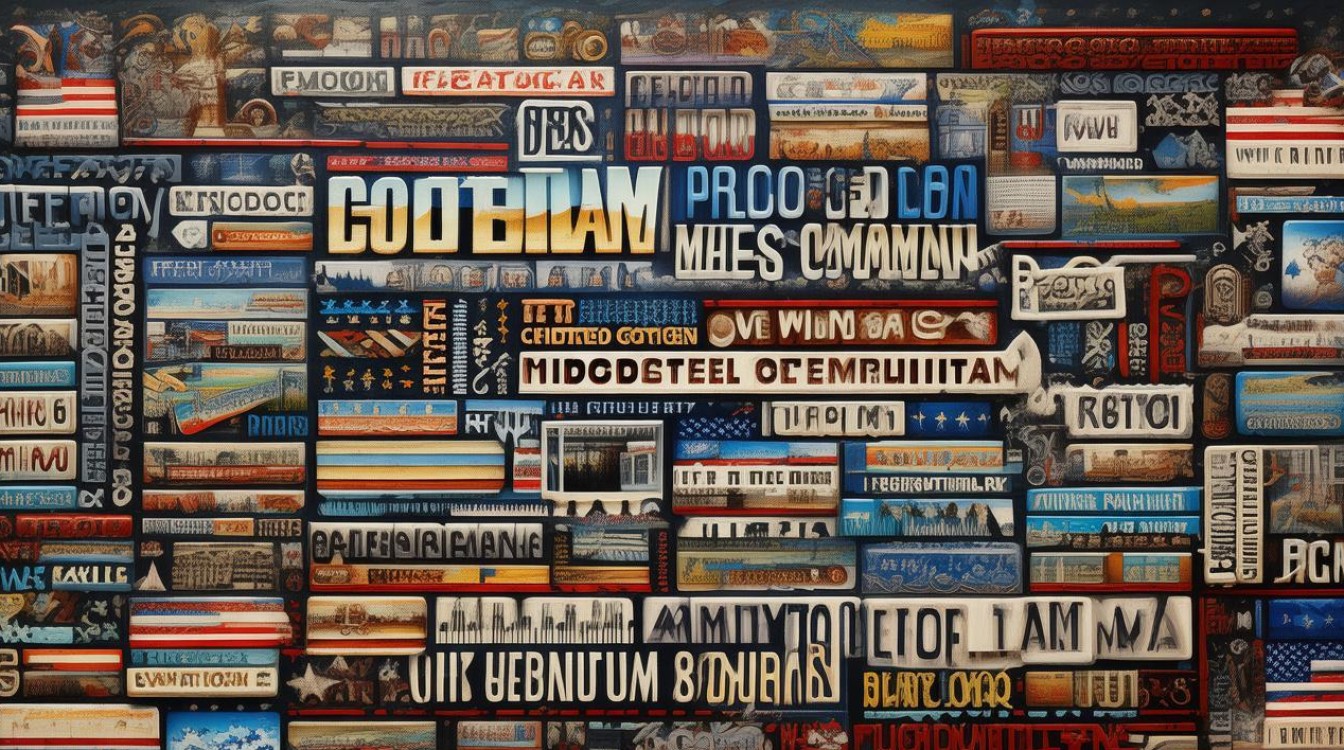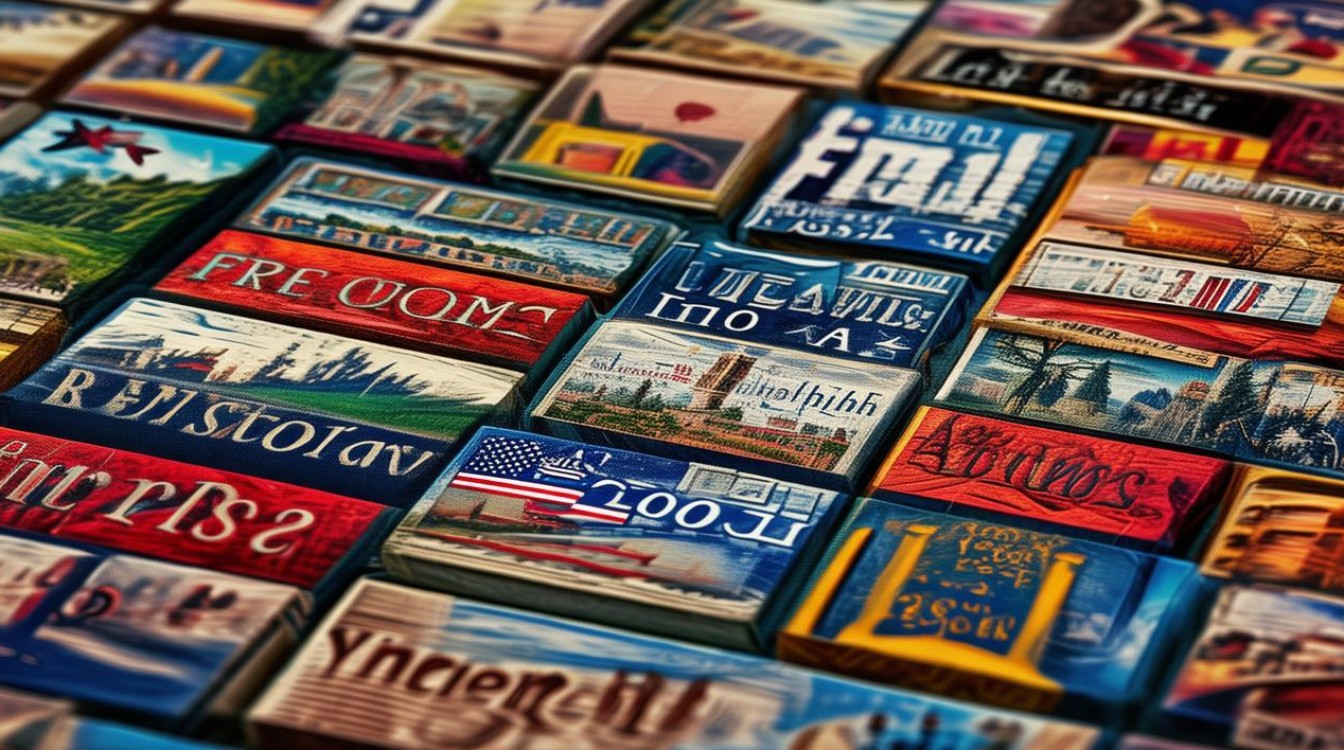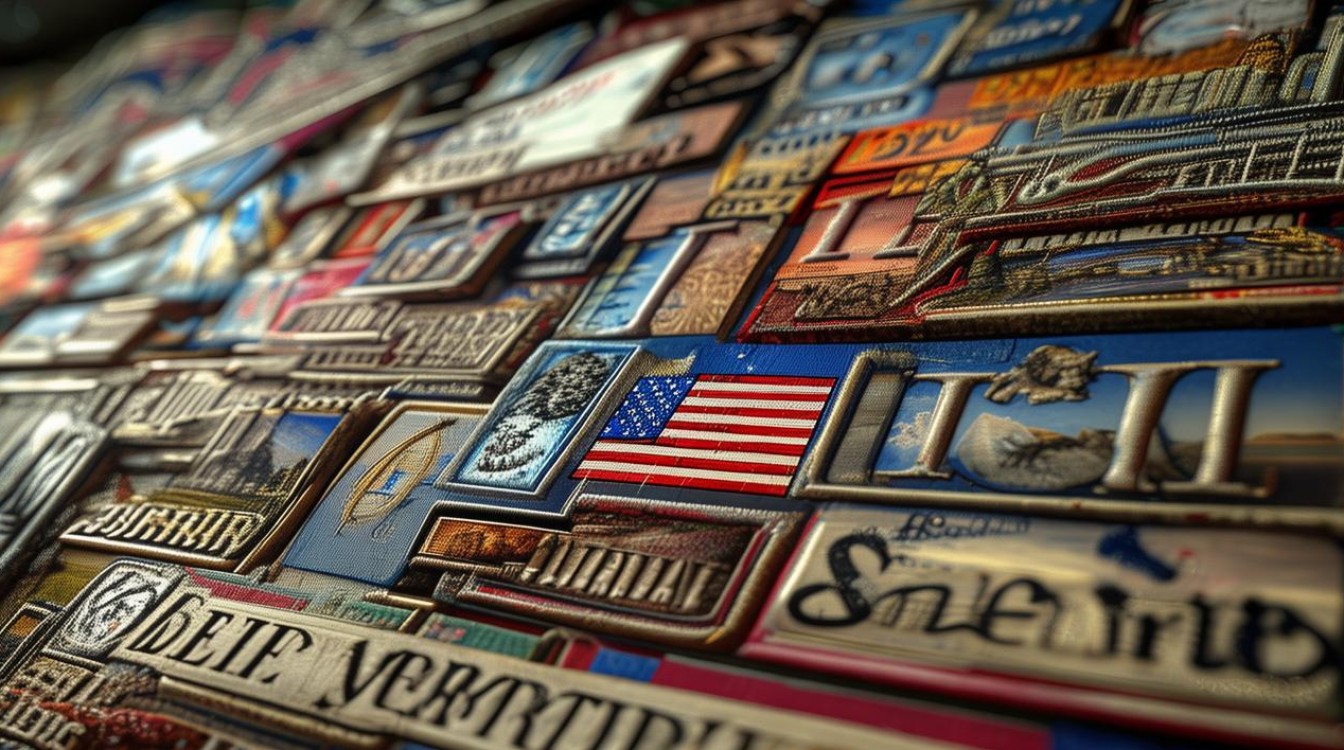English is a dynamic language, constantly evolving with cultural trends, technological advancements, and social influences. Certain words resonate more deeply with Americans, reflecting their values, humor, and everyday experiences. Whether it's slang, expressions of enthusiasm, or terms tied to national identity, these words offer insight into what captures the American imagination.

The Power of Positive Words
Americans gravitate toward words that convey optimism, energy, and success. Terms like "awesome," "amazing," and "incredible" dominate casual conversations, embodying the nation’s can-do spirit. Unlike some cultures where restraint is valued, American English thrives on superlatives.
- "Awesome" – Originally tied to religious awe, it now describes anything impressive, from a great meal to a career achievement.
- "Epic" – Once reserved for grand tales, it now amplifies everyday wins, like an "epic comeback" in sports.
- "YOLO" (You Only Live Once) – A mantra for risk-takers, popularized by social media and music.
These words reflect a culture that celebrates boldness and enthusiasm.
Slang That Defines Generations
American slang shifts rapidly, often influenced by music, movies, and internet culture. Some terms stick around, becoming part of mainstream vocabulary.
- "Lit" – Meaning exciting or excellent, this word surged in popularity thanks to hip-hop and Gen Z.
- "Salty" – Describing someone overly upset, it’s a playful way to call out unnecessary drama.
- "Ghosting" – A digital-age term for cutting off communication without explanation.
Slang often starts in niche communities before spreading nationwide. The internet accelerates this process, making words like "vibe" (a mood or atmosphere) universally understood.

Food Words That Spark Joy
Food is central to American culture, and certain words evoke instant cravings or nostalgia.
- "Cheeseburger" – A classic comfort food, symbolizing simplicity and indulgence.
- "Avocado" – Beyond being a trendy toast topping, it represents health-conscious eating.
- "Barbecue" – More than cooking; it’s a social event tied to regional pride.
Fast-food terms like "fries," "milkshake," and "drive-thru" also hold cultural weight, reflecting convenience and familiarity.
Words Tied to American Identity
Some words carry deep patriotic or cultural significance.
- "Freedom" – A cornerstone of American values, frequently referenced in politics and media.
- "Dream" – Often paired with "American" to symbolize opportunity and ambition.
- "Hustle" – Celebrating hard work and entrepreneurial drive.
Sports-related terms like "touchdown" (football) and "home run" (baseball) also permeate daily speech as metaphors for success.

Tech and Internet Lingo
As digital life blends with reality, tech-inspired words dominate conversations.
- "Google" – Used as a verb, showing the search engine’s cultural impact.
- "Streaming" – Reflecting the shift from traditional TV to on-demand content.
- "Hashtag" – Once just a symbol, now a way to categorize trends and movements.
Emoji-inspired terms like "facepalm" (expressing frustration) and "FOMO" (Fear of Missing Out) reveal how digital communication shapes language.
Regional Favorites
Different parts of the U.S. have unique linguistic flavors.
- "Y’all" – A Southern staple for addressing groups warmly.
- "Dude" – West Coast casualness packed into one word.
- "Wicked" – In New England, it means "very" (e.g., "wicked smart").
Even city-specific terms, like Chicago’s "pop" (soda) or New York’s "bodega" (corner store), highlight regional pride.

Why These Words Matter
Language mirrors society. The words Americans love reveal their priorities—optimism, convenience, humor, and innovation. Whether it’s a slang term that goes viral or a timeless phrase like "land of the free," these words shape how people connect and express themselves.
For non-native speakers, understanding these favorites offers a window into American culture. For marketers and writers, leveraging these terms can make content more relatable. And for linguists, tracking their evolution shows how language adapts to changing times.
The next time you hear "awesome," "lit," or "YOLO," remember—they’re more than just words. They’re snapshots of what Americans value, celebrate, and live by.

